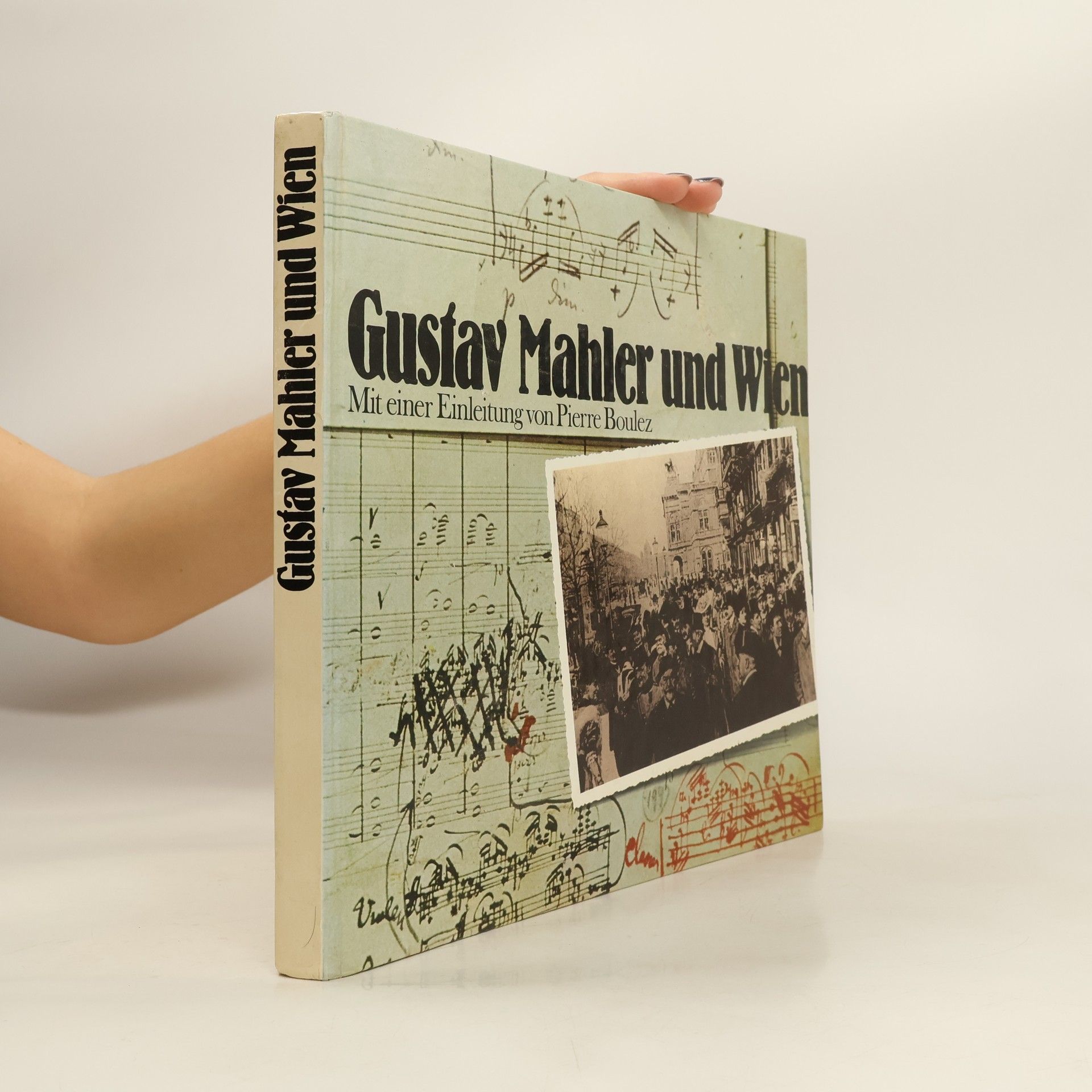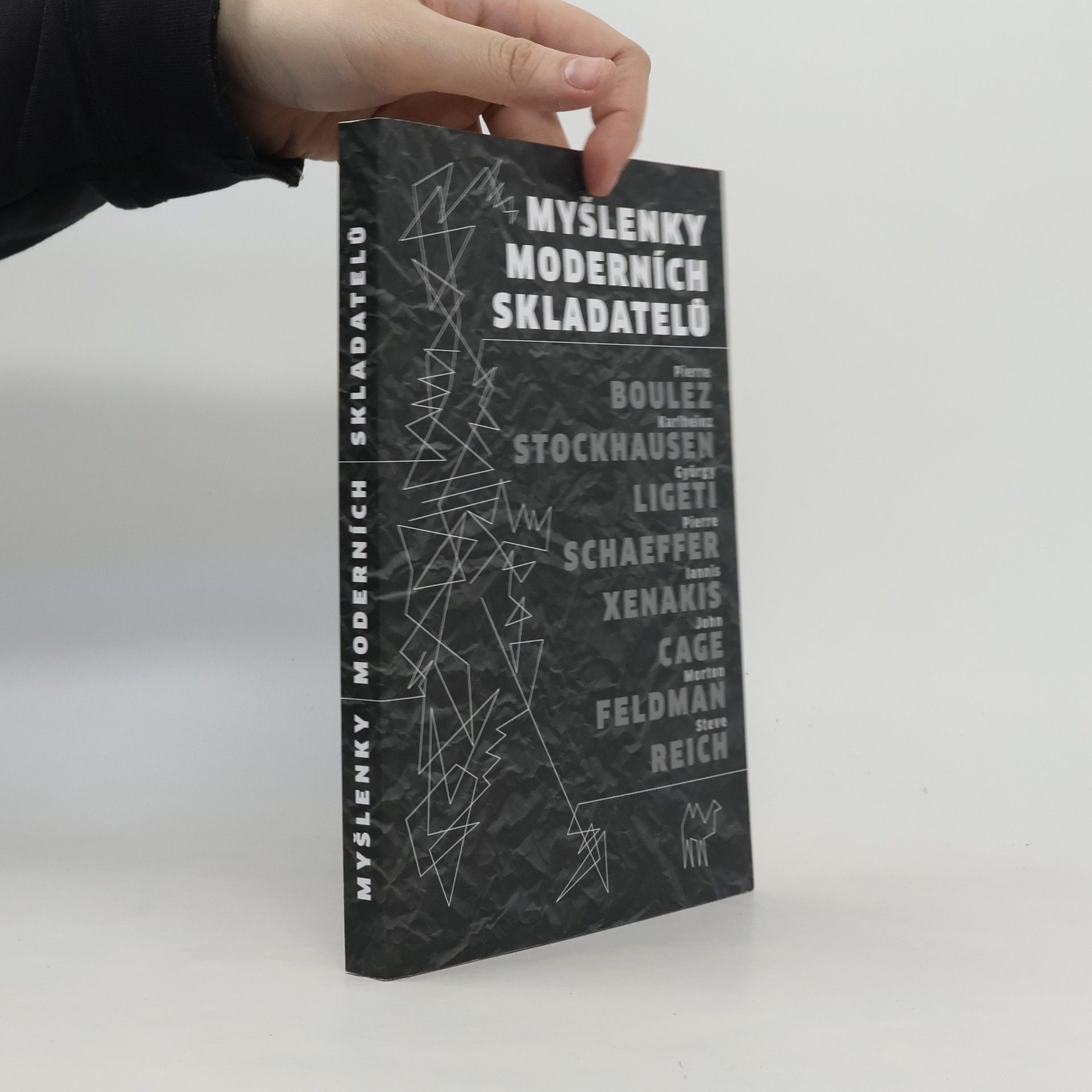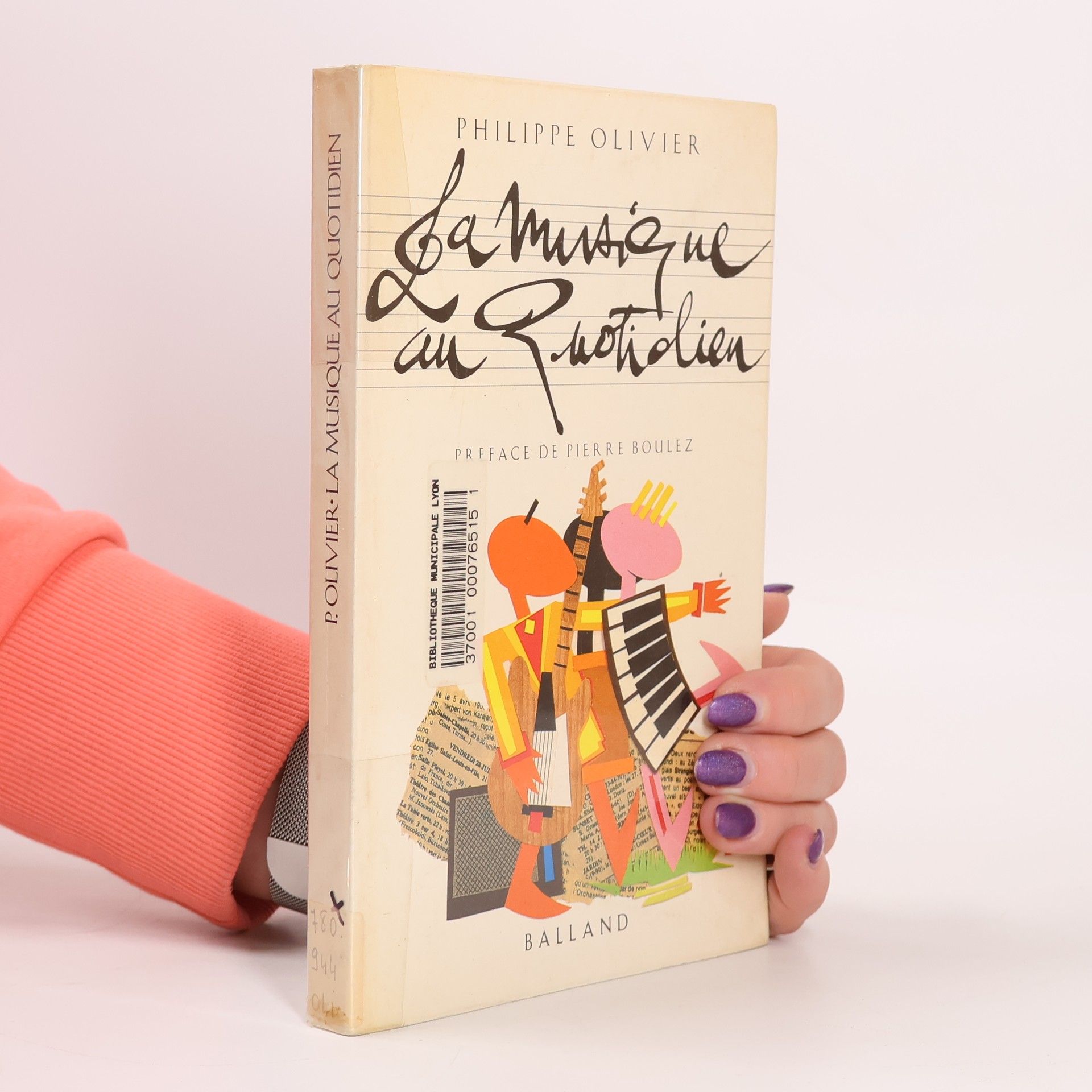Pierre Boulez is arguably the single most influential - and controversial - figure in the world of contemporary music. As composer, conductor and personality, his challenging views of modern developments are lent a special authority by his very high standing as an interpreter of great composers like Wagner, Debussy, Bart k and Stravinsky. This collection of writings enhances his unrivalled reputation as a lucid and compelling expositor of the modern composer's world.
Pierre Boulez Libri
Pierre Boulez fu un compositore, direttore d'orchestra e scrittore francese, emerso come una delle figure dominanti nel panorama della musica classica del dopoguerra. Ha profondamente influenzato numerose istituzioni musicali, plasmando la direzione della musica moderna con il suo approccio innovativo. Il suo vasto corpus di opere è riconosciuto per la sua profondità intellettuale e la sua rigorosa visione artistica.

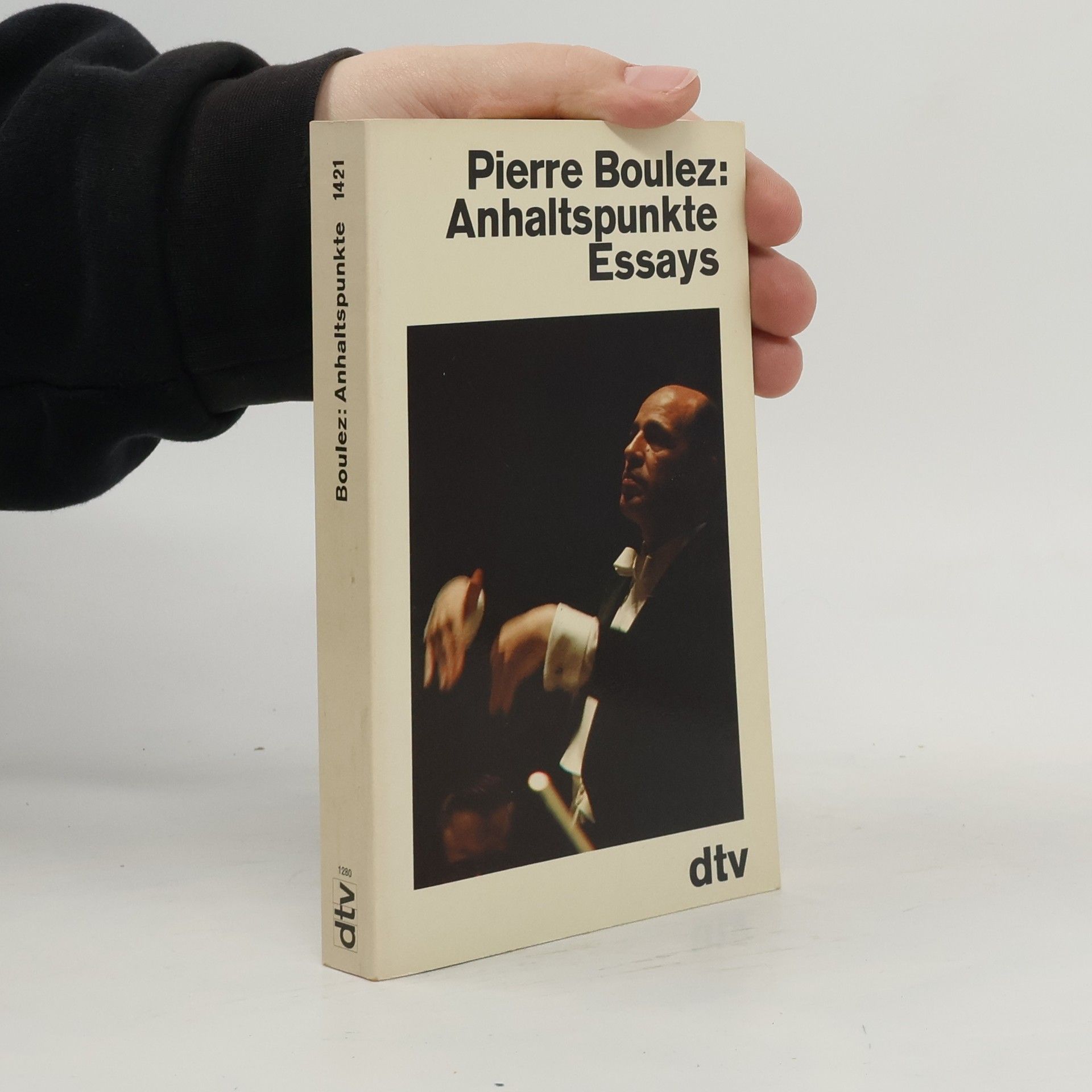
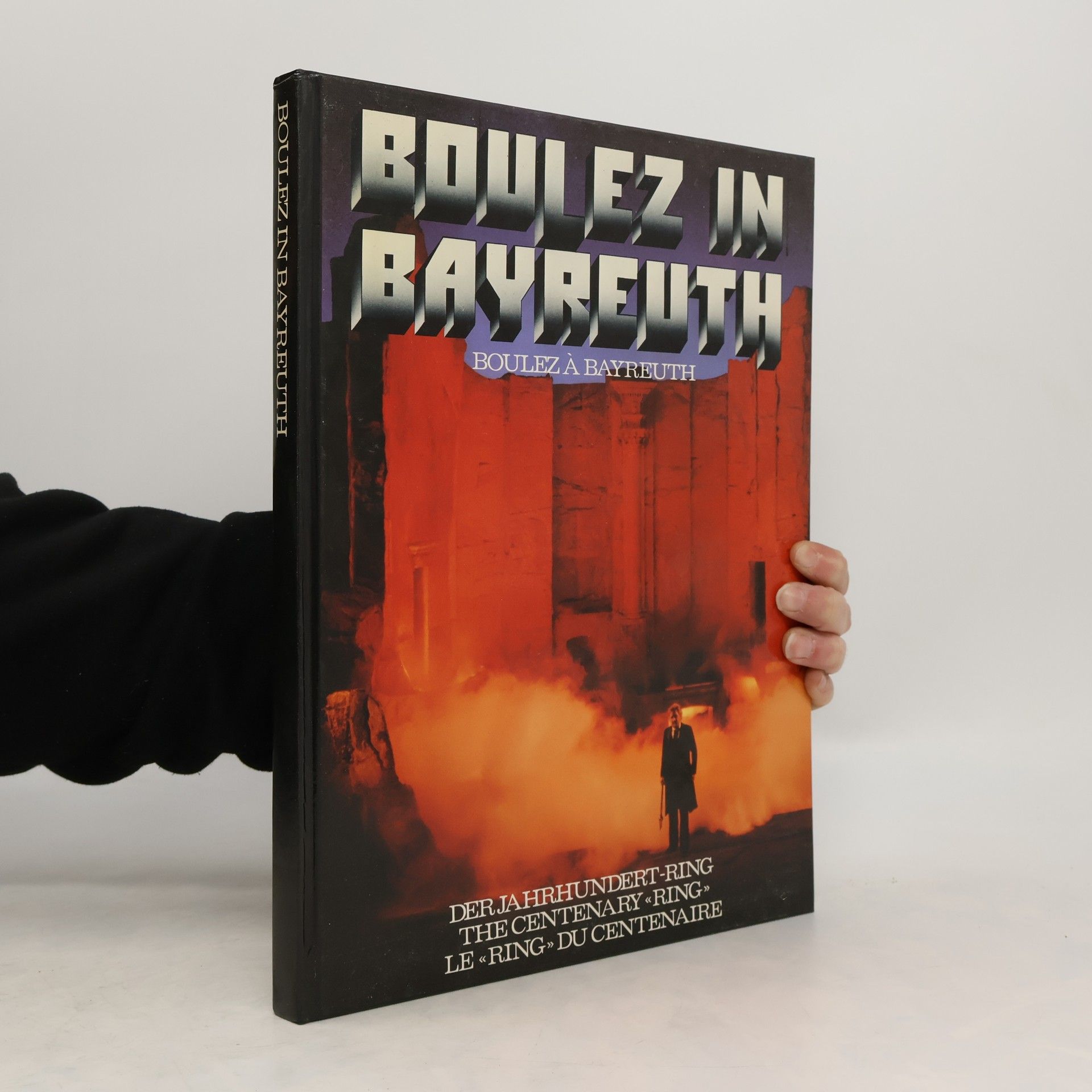

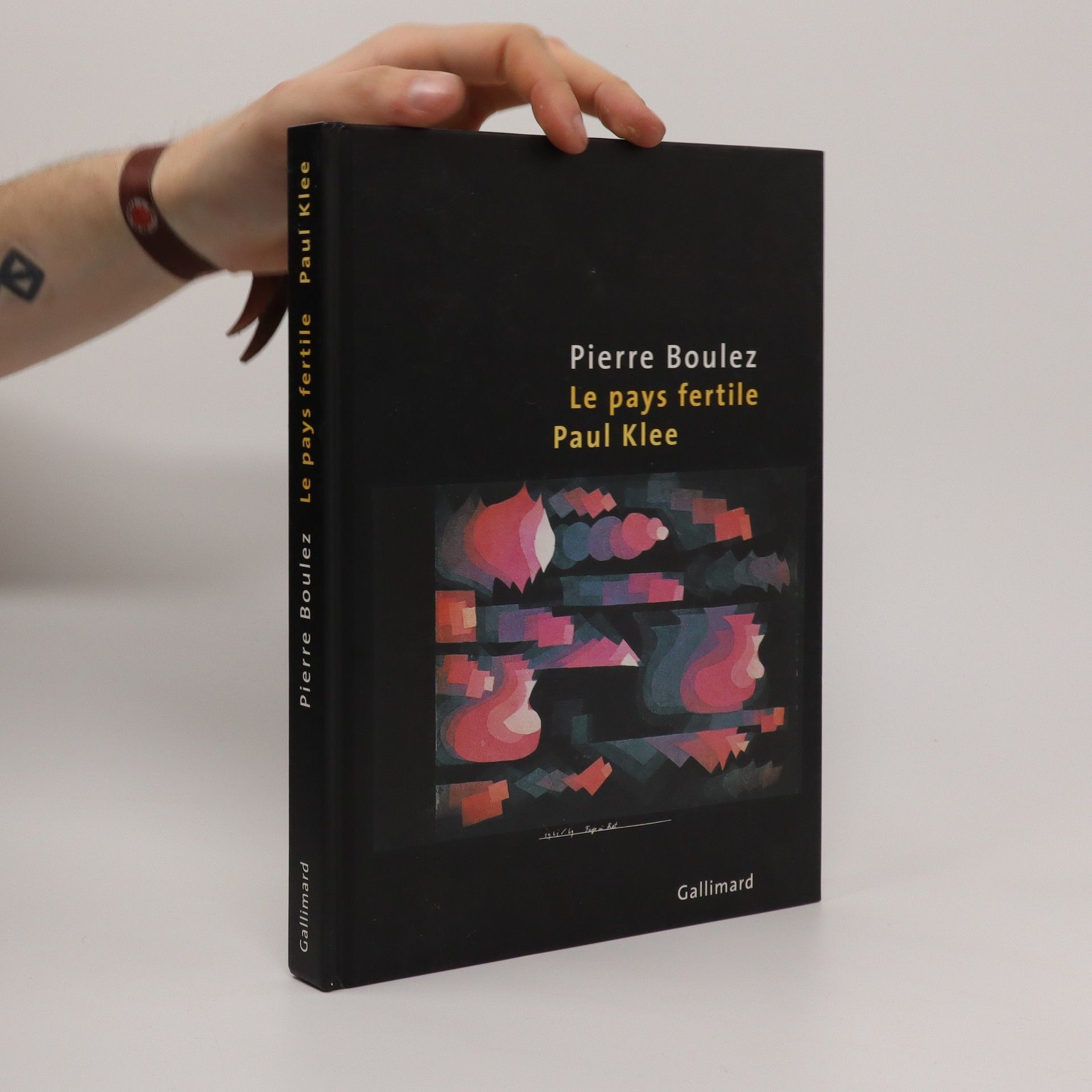
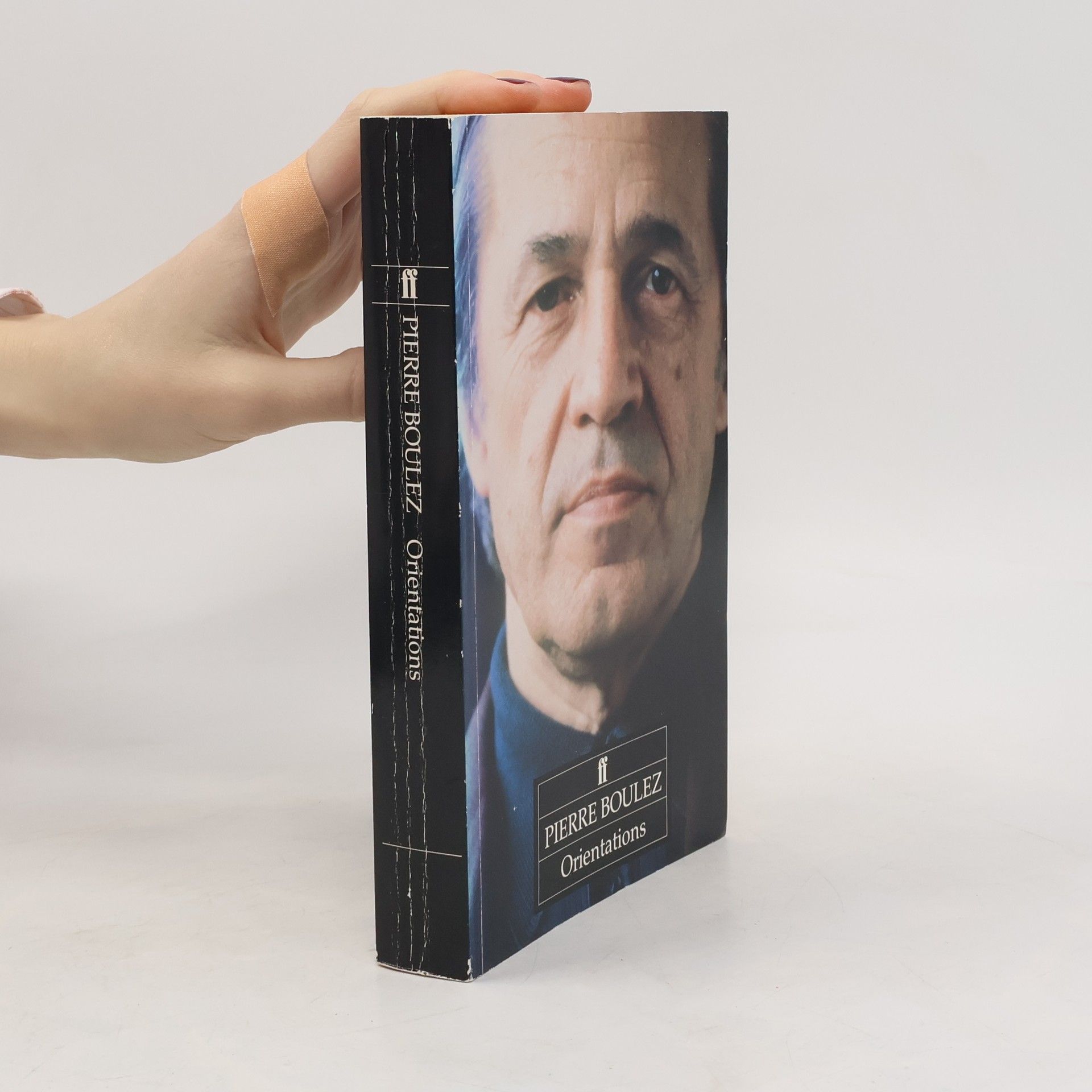
Werkstatt-Texte
- 286pagine
- 11 ore di lettura
Collection of articles by Pierre Boulez, in German translation:Vorschläge( Propositions)Möglichkeiten (Éventuellement…)Einsichten und Aussichten (Recherches maintenant)Nachsicht und Fernsicht (…Auprès et au loin)An der Grenze des Fruchtlandes (À la limite du pays fertile)Tendenzen — 1957 (Tendances de la musique récente)Alea (translated by Heinz-Klaus Metzger)Ton und Wort (Son et verbe)Ton, Wort, Synthese (Son, Verbe, Synthèse)Sprechen, Singen, SPielen (Dire, Jouer, Chanter)Über den Sprechgesang (Note sur le Sprechgesang)Dichtung — Mittelpunkt und Ferne (Poésie — Centre et Absence — Musique)Zu meiner dritten Klaviersonate (Sonate — que me veux-tu ?)Wie arbeite die musikalische Avantgarde? (Comment travaille l’avantgarde aujourd’hui ?)Disziplin und Kommunikation (Discipline et communication)Ästhetik und Götzendienst (Esthétique et les Fétiches)Geschmack und Funktion (Le Goût et la Fonction)Zehn Jahre danach (Dix ans après)and contributions to Encyclopédie de la Musique.
Der "Ring"
- 255pagine
- 9 ore di lettura
Wille und Zufall
- 174pagine
- 7 ore di lettura
Gustav Mahler in Wien
- 160pagine
- 6 ore di lettura
Gustav Mahler Asktuell? / Von Pierre Boulez -- Wien Zur Zeit Gustav Mahlers / Von Hilde Spiel -- Gustav Mahlers Wege Nach Wien / Von Henry-louis De La Grange -- Gustav Mahlers Sommerfrischen / Von Gottfried Scholz -- Gustav Mahler Als Hofoperndirektor / Von Marcel Prawy -- Gustav Mahlers Persönliche Wiener Biographie / Von Henry-louis De La Grange -- Gustav Mahler Und Die Wiener Philharmoniker / Von Sigrid Wiesmann -- Gustav Mahlers Schaffen Der Wiener Jahre / Von Friedrich C. Heller -- Gustav Mahlers Abschied Und Wiederkehr / Von Wolf Rosenberg. Texte, Pierre Boulez ... [et Al.] ; Red., Sigrid Wiesmann ; Gestaltung, Jaroslav Krejci. On Spine: Gustav Mahler Und Wien. Includes Bibliographical References.
Myšlenky moderních skladatelů
- 192pagine
- 7 ore di lettura
Cílem této antologie je předložit čtenáři reprezentativní průřez teoretickým myšlením některých klíčových skladatelů druhé poloviny dvacátého století. Vybrané texty se týkají široké škály témat: otázky využití náhody v hudební kompozici (Pierre Boulez), vztahu instrumentální a elektronické hudby (Karlheinz Stockhausen), konkrétní hudby (Pierre Schaeffer), možností a mezí hudebního serialismu (Iannis Xenakis), vztahu hudby a řeči (Steve Reich), problematiky hudební formy (György Ligeti), ale i obecnějších otázek hudebního experimentování (John Cage) nebo hudební estetiky (Morton Feldman). Poválečné „hudební myšlení“ se tak čtenáři prostřednictvím těchto úvah otevírá ve vší své rozmanitosti.Úvodní studií opatřil Jaroslav Bláha, z francouzských, německých a anglických originálů přeložili Josef Fulka, Jan Petříček a Petr Zvěřina.
La musique au quotidien
- 227pagine
- 8 ore di lettura
French

